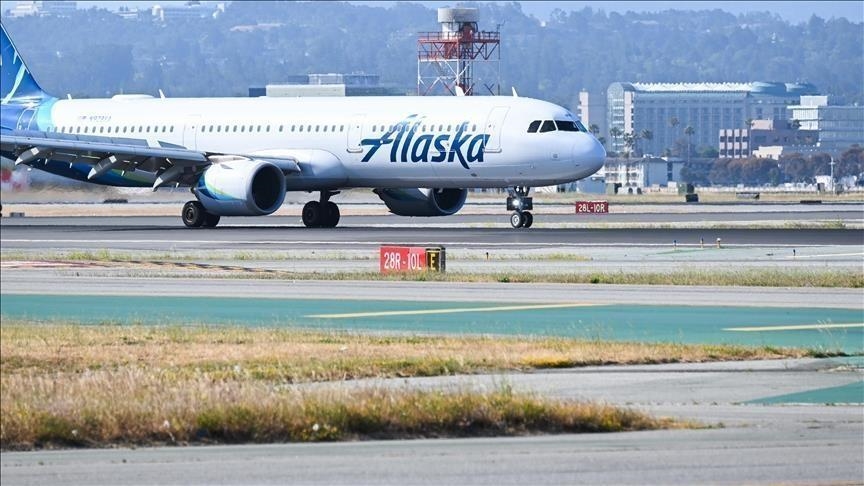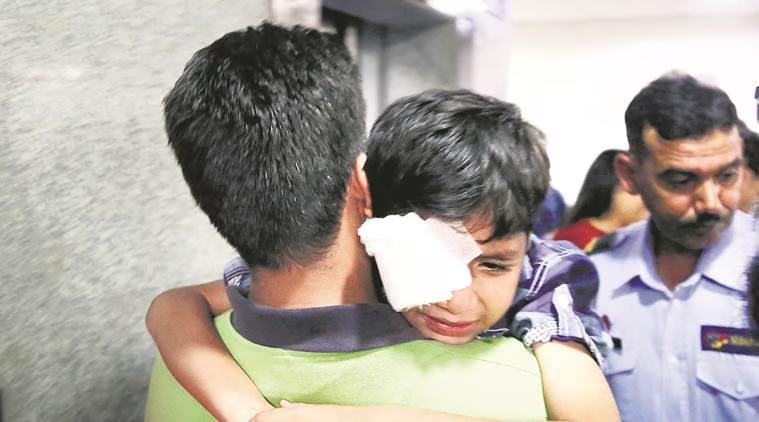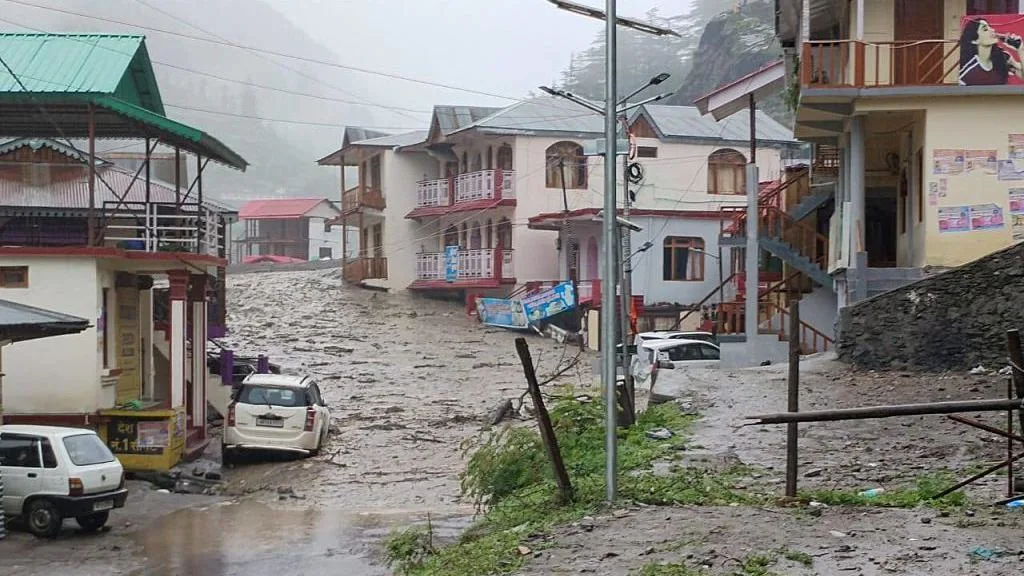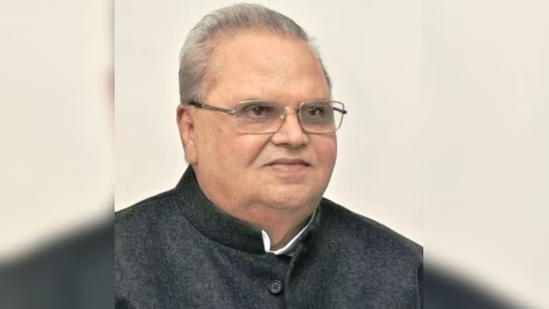Now Reading: Gaya Airport Code ‘GAY’ Won’t Change, Government Clarifies
-
01
Gaya Airport Code ‘GAY’ Won’t Change, Government Clarifies
Gaya Airport Code ‘GAY’ Won’t Change, Government Clarifies
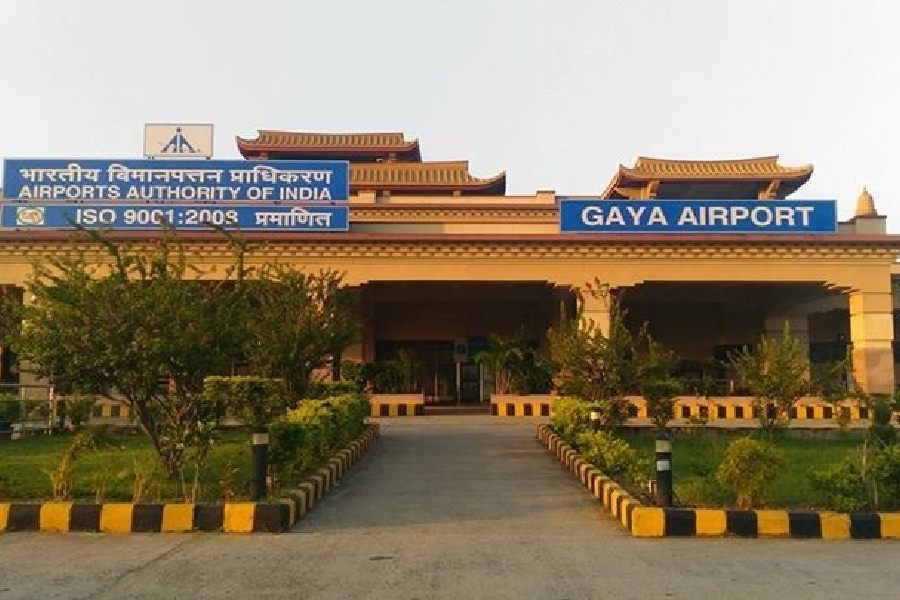
The Civil Aviation Ministry has firmly rejected calls to alter Gaya International Airport’s IATA code “GAY,” stating it can only be changed under exceptional circumstances related to aviation safety. This puts to rest recent demands—including from a BJP Rajya Sabha MP—who described the code as socially and culturally offensive. Standing by international rules, the government says the code will remain as is.
Introduction
A political push to replace Gaya Airport’s code “GAY” with a more neutral variant has hit a roadblock. The government clarified in the Rajya Sabha that IATA codes are considered permanent and cannot be changed due to public discomfort. Without safety concerns, the code will remain unchanged, sparking reactions from both political and rights circles.
What Prompted the Demand
A BJP MP raised objections, calling the code culturally inappropriate for Gaya—a city significant to Hindu, Jain and Buddhist communities. He urged the government to consider replacing it with something deemed respectful and culturally fitting.
Ministry’s Stand: Code Is Permanent
Minister of State for Civil Aviation Murlidhar Mohol responded that airport codes are assigned by IATA and are meant to be permanent. He confirmed prior attempts to change the GAYA code—including a request by Air India—were rejected. Unless there’s a valid air safety reason, codes like “GAY” cannot be altered under IATA rules.
Safety vs Sentiment: Where Rules Stand
The Ministry stressed that airport codes exist for operational clarity and are not subject to cultural sentiment. IATA requires strong justification relating to safety to approve any change—and “GAY” doesn’t meet that threshold.
Local Views and Tier‑2 Perspective
In smaller cities and towns, people often respect heritage and symbols deeply. Still, most travellers view airport codes practically—as industry standards, not moral statements. Locals around Gaya have mixed feelings, some echoing discomfort, others wondering why such codes should matter in an age of global connectivity.
Rights Activists Push Back
LGBTQ activists argue this debate reflects deeper prejudices. They say the backlash over the code reveals embedded stigma and distracts from inclusion. To them, the code represents an opportunity to normalise queer identities rather than erase them.
Conclusion
With the Civil Aviation Ministry ruling that Gaya’s “GAY” code cannot be changed without air safety justification, the issue now settles at international norms. The debate highlights a tension between cultural sensitivity and technical standards. As cities throughout India continue to balance tradition with global systems, this serves as a reminder that not every code—or word—can be altered to fit sentiment.








